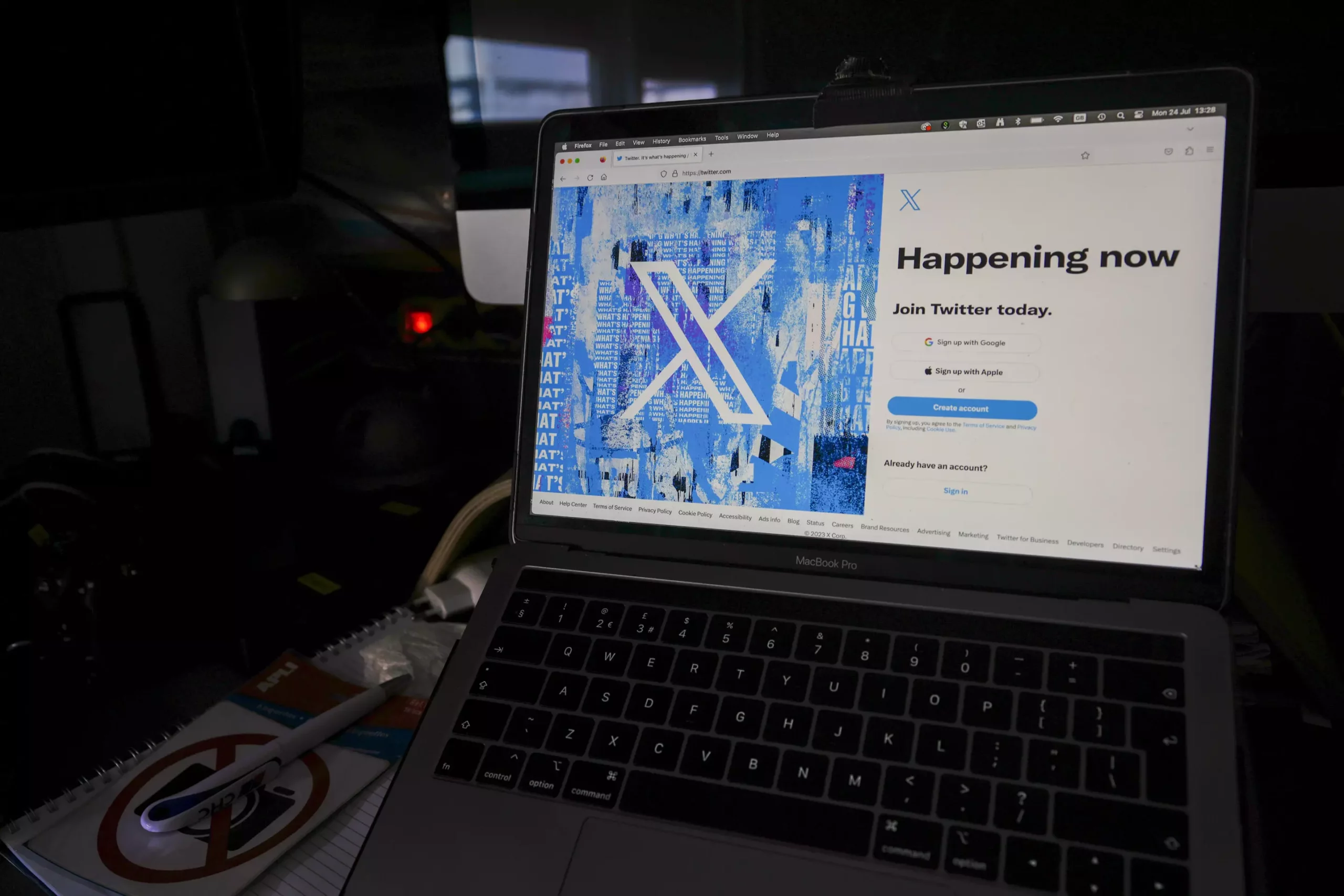In a critical twist of events, Brazilian Supreme Court Justice Alexandre de Moraes has imposed new conditions for the reinstatement of Elon Musk’s social media platform, X, which has faced a significant ban in Brazil for nearly a month. The latest ruling comes on the heels of a tumultuous relationship between Musk and the Brazilian judiciary, underscoring the complexities intertwining technology, politics, and national sovereignty. Frustration between the parties has been palpable, stemming from deeper concerns about free speech, misinformation, and the pervasive influence of far-right ideologies on digital platforms.
De Moraes has stipulated that X may only resume operations once Starlink, Musk’s satellite internet service, withdraws its pending appeals concerning the issue. This intertwining of corporate interests signals a broader accountability framework within which tech companies must operate, especially when straddling the line between freedom of expression and responsible content governance.
Legal Entanglements and Financial Implications
The shutdown of X was not a snap decision; it followed months of escalating tensions regarding Musk’s approach to misinformation and his platform’s handling of far-right accounts. De Moraes previously ordered that funds owed by X—accumulating to more than $3 million—be covered by Starlink’s assets, as both entities are perceived to belong to Musk’s economic umbrella. Legal experts have voiced skepticism over this classification, raising questions about the separation of corporate identities and financial responsibilities.
In a particular twist, X’s legal representative was recently fined 300,000 reais ($55,000) for past failures to comply with judicial orders. The emphasis on compliance reveals the judiciary’s commitment to enforcing corporate accountability in what can often feel like a haphazard digital landscape. The assertion that X’s prior inability to name a legal representative was the turning point for its suspension illustrates the judiciary’s heavy reliance on formalities in an environment where digital entities frequently sidestep traditional legal frameworks.
In a remarkable move, X appeared to navigate a technical loophole by routing user access through Cloudflare’s servers. This action inadvertently restored the platform for Brazilian users—an example of how technological maneuvers can sometimes outpace legal judgments. However, this kind of quick-fix approach is fraught with risks, as it raises important ethical questions regarding the responsibility tech companies bear in adhering to local laws.
Despite being blocked in Brazil—a country with a substantial user base of over 20 million X users—Musk’s platform has continued to assert its commitment to free speech. The statement issued from X emphasized that it recognizes and respects the sovereignty of the countries in which it operates. This echoes a common refrain among tech giants, who often claim a commitment to democracy and responsible discourse while navigating degrees of regulatory accountability.
Brazil, like many nations wrestling with digital governance, faces a unique challenge in balancing free speech with the proliferation of harmful content. The country’s more stringent regulations compared to the U.S. suggest a more proactive stance against potential misinformation, particularly in the context of its politically charged climate. X’s ongoing battles in Brazil serve as a litmus test for how corporate agendas intersect with national interests.
Musk’s assertive defense of free speech in light of accusations of authoritarianism directed at de Moraes highlights the broader philosophical discourse on what constitutes genuine expression versus harmful rhetoric. This ongoing clash is not merely a legal skirmish; it is a deeper examination of how digital platforms must evolve in response to ever-changing societal norms and legal expectations.
As X seeks to re-establish its presence in Brazil, it must engage with the realities of corporate accountability and the implications of its actions on a global scale. The ruling by de Moraes can be seen as a clarion call for greater adherence to both local laws and ethical standards. For tech companies like Musk’s, the road ahead will require not only a robust legal strategy but also a sincere effort to contribute positively to the digital ecosystem.
The drama surrounding X in Brazil illustrates the precarious balancing act that digital platforms must perform in an age defined by rapid technological advancements and fluctuating political landscapes. As the confrontation unfolds, it offers invaluable lessons on the intersection of technology, jurisprudence, and societal values, pressing both corporations and governments alike to rethink their roles in fostering a digital landscape conducive to healthy public discourse.


Leave a Reply